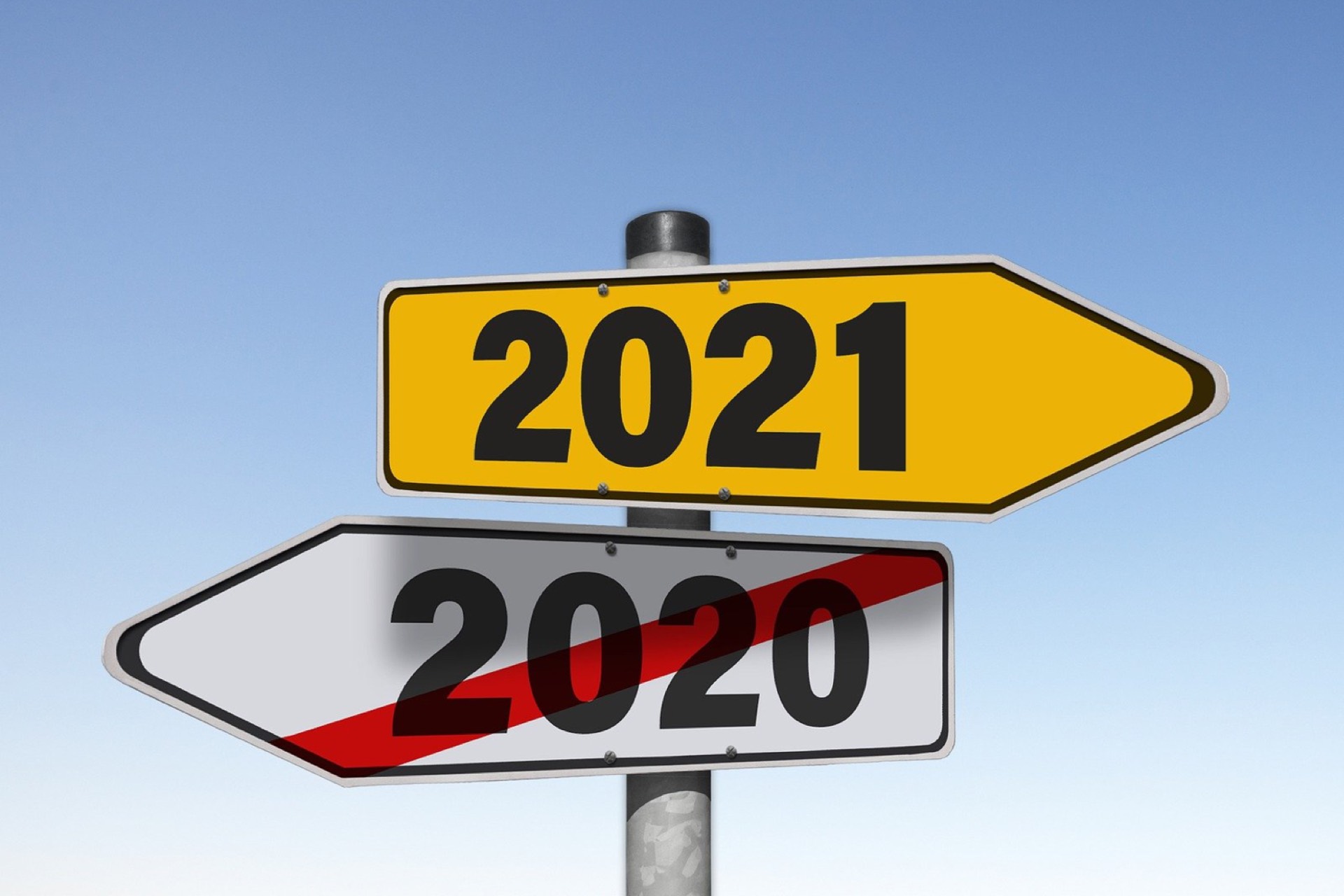How is digital publishing changing?
Digital publishing is going through an important phase of evolution.
FIEG change name
It was reported a few days ago that the FIEG (Italian Federation of Newspaper Publishers) has decided to begin the procedure for a change of name, in order to “correspond to its new reality, which sees associated companies increasingly committed on the front of multimedia and digital publishing.” The news itself already indicates the extent of the ongoing change: the world of digital (and non-digital) publishing is in turmoil.
Despite various hindering factors, such as the slow adjustment and standardization of distribution platforms (especially public ones) and the absence of many important catalogs in their digital version, the entire sector is moving at a speed never before reached.
The 2020 pandemic and the difficult current situation are certainly playing an important role. As with the car market, which has seen a significant increase in sales of hybrid and electric models at the expense of more “traditional” ones, the digital publishing market has experienced an important moment of growth.
The closures of libraries and bookstores have pushed many users to look for alternatives from home, both for purchase and for simple reading.
AIE analysis
According to an analysis carried out by the AIE Research Office, in collaboration with Nielsen, in 2020 the publishing industry in Italy grew by 2.4%, reaching 1.54 billion euros. Leading the way were eBooks (growing by 37%) and audiobooks (growing by 94%).
Of course, there are several “structural” risks due to all these changes. As always emphasized by the AIE, physical channels for the distribution and sale of books, which in 2019 had lost 26.7% of market share in favor of online channels, in 2020 saw this loss increase to 43%. In addition to this, the majority of online sales were made through a single operator, and this obviously casts shadows on the resilience of a system that is developing more and more in a monopolistic direction.
Huawei Books
Meanwhile, publishers are increasingly adapting to the new trend. Just a few days ago, the “Huawei Books” service was presented, a digital catalog of over 20,000 titles by Italian and international authors published by Mondadori, Rizzoli, Einaudi, Piemme, Sperling & Kupfer, and Mondadori Electa, to be browsed on smartphones and tablets through the dedicated app. It should also be noted that Huawei Books will be divided into two main areas: “Read” and “Listen,” the former dedicated to the eBook store, and the latter to audiobooks, further emphasizing the new digital pairing for literary content consumption.
Many other novelties are expected in 2021. Our collection, digital since its inception in 2014, has always seen eBooks (and then audiobooks) as the only means through which to disseminate our content (which is what matters). Digital distribution has also made it possible to reach places and people that were impossible to reach with physical distribution, while guaranteeing sales prices well below the average for paper books.
Is the future (or rather, the present) already written?
We are still in a period of great changes, and therefore, it is difficult to predict a certain evolution of the market. However, the fact remains that digital is increasingly asserting itself and seems to inexorably advance from a position of “novelty” to one of “normality” in the perception and use of users.





